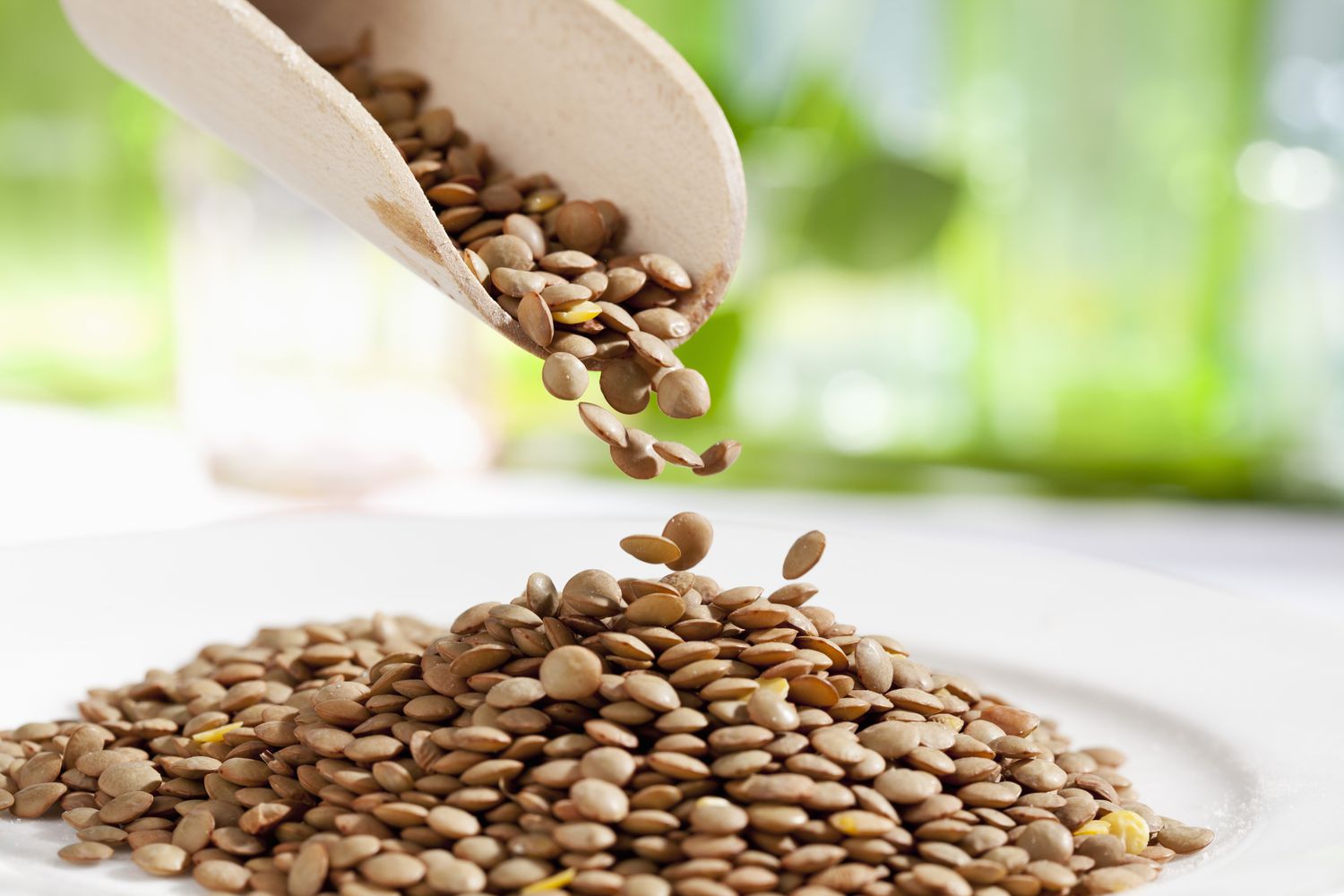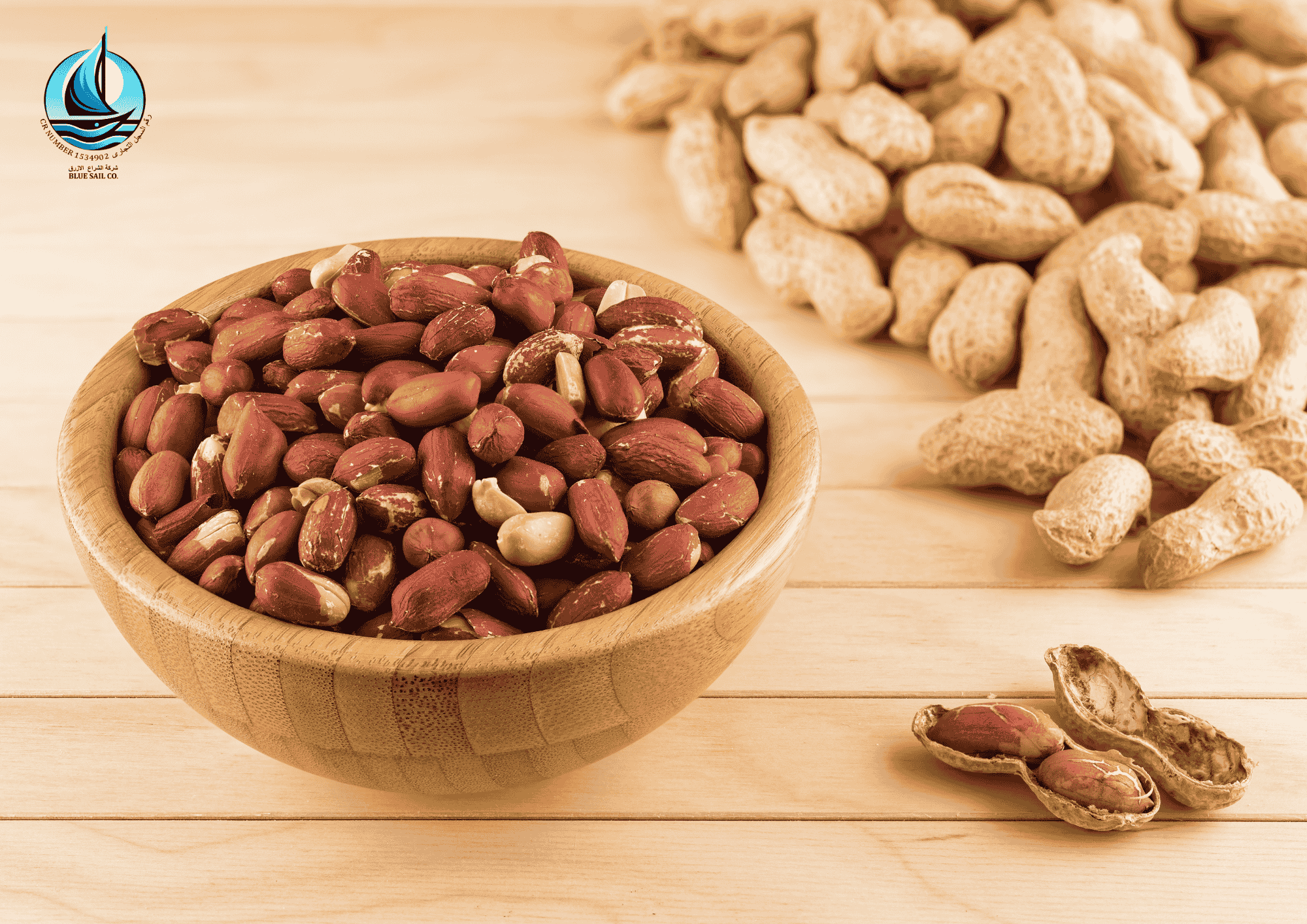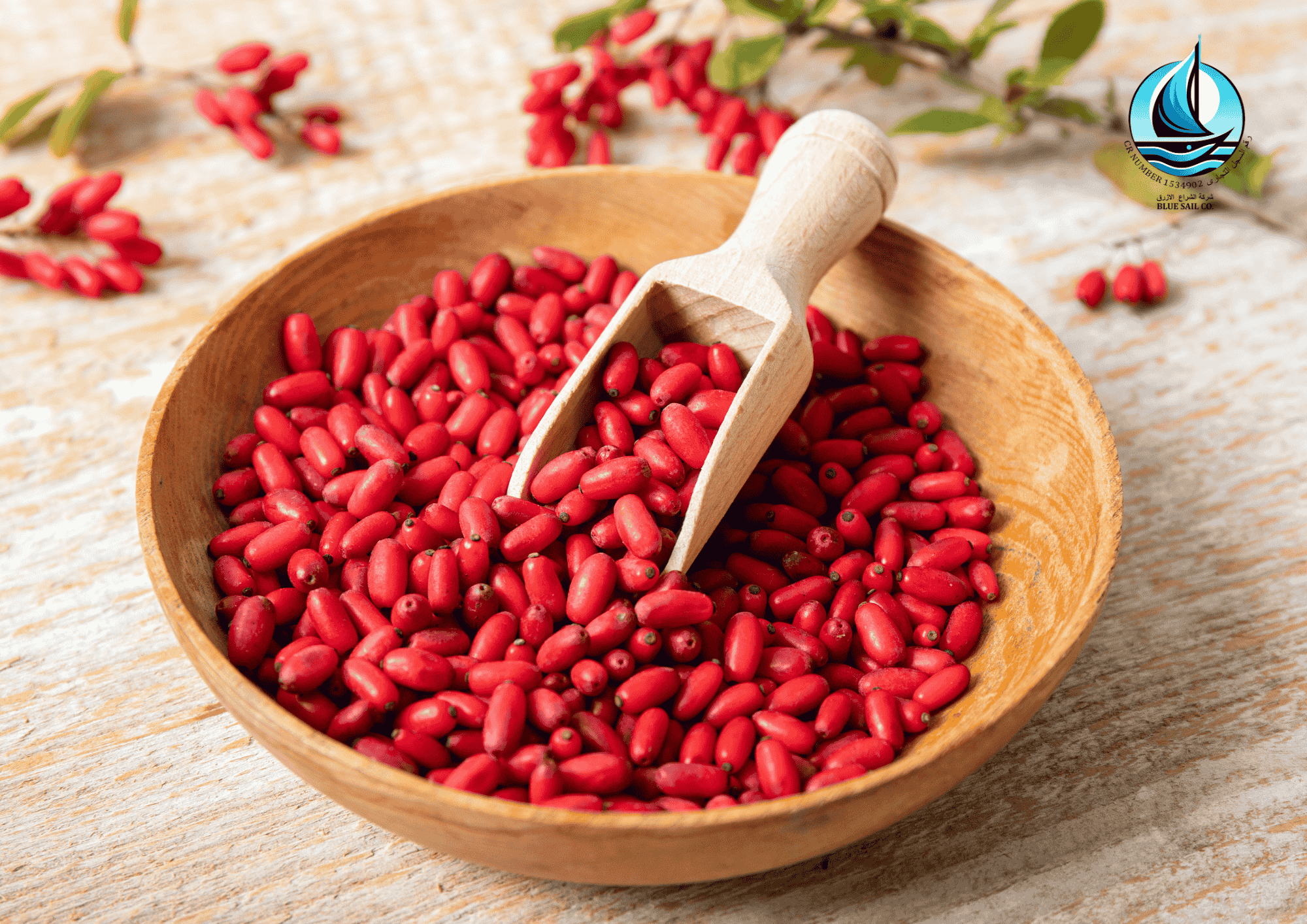Lentils, a staple legume in many cultures, are not only delicious and versatile but also packed with an array of nutrients that contribute to overall health. Here, we delve into the properties of lentils and their benefits for the body.
Nutritional Profile of Lentils
Lentils are small, lens-shaped legumes available in various types such as green, red, brown, and black. They are rich in the following nutrients:
- Protein: Lentils are a significant source of plant-based protein, making them an excellent choice for vegetarians and vegans.
- Fiber: They are loaded with dietary fiber, which supports digestive health and helps in maintaining steady blood sugar levels.
- Vitamins and Minerals: Lentils are abundant in essential nutrients such as iron, folate, potassium, magnesium, and B vitamins.
- Low in Fat: Lentils are naturally low in fat, making them heart-friendly.
Health Benefits of Lentils
1. Supports Heart Health
Lentils are a heart-healthy food due to their high potassium and low sodium content, which helps regulate blood pressure. The fiber and antioxidants in lentils also contribute to lowering cholesterol levels and reducing the risk of cardiovascular diseases.
2. Enhances Digestive Health
The high fiber content in lentils promotes a healthy digestive system by preventing constipation and encouraging the growth of beneficial gut bacteria.
3. Aids in Weight Management
Lentils are low in calories yet high in protein and fiber, which promote satiety and reduce overall calorie intake, aiding in weight loss or maintenance.
4. Regulates Blood Sugar Levels
The complex carbohydrates in lentils have a low glycemic index, which helps stabilize blood sugar levels and provides sustained energy. This makes lentils a good choice for people with diabetes.
5. Supports Muscle Growth and Recovery
As a rich source of plant-based protein, lentils are an excellent option for muscle repair and growth, especially for those following plant-based diets.
6. Improves Energy Levels
Lentils are an excellent source of iron, a mineral essential for oxygen transport in the blood. Adequate iron intake helps combat fatigue and boosts energy levels.
7. Promotes Healthy Pregnancy
The high folate content in lentils is crucial for fetal development during pregnancy, reducing the risk of neural tube defects.
8. Rich in Antioxidants
Lentils contain antioxidants such as polyphenols that protect the body against free radical damage, reducing inflammation and the risk of chronic diseases.
Types of Lentils and Their Uses
Each type of lentil has unique characteristics and culinary applications:
- Brown Lentils: Versatile and hold their shape well in soups and stews.
- Green Lentils: Slightly peppery and excellent in salads.
- Red and Yellow Lentils: Quick to cook and commonly used in Indian dals and purees.
- Black Lentils (Beluga): Earthy flavor and a great addition to warm salads or side dishes.
How to Incorporate Lentils Into Your Diet
- Add cooked lentils to soups, stews, and curries.
- Use them as a base for salads or grain bowls.
- Substitute lentils for ground meat in recipes like tacos or burgers.
- Make lentil-based dips or spreads such as lentil hummus.
Conclusion
Lentils are a nutrient-dense superfood that supports a healthy lifestyle. Whether you’re looking to improve heart health, manage weight, or simply add more plant-based meals to your diet, lentils are an excellent choice. Their versatility in the kitchen ensures that you can enjoy their benefits in various delicious and creative ways.





